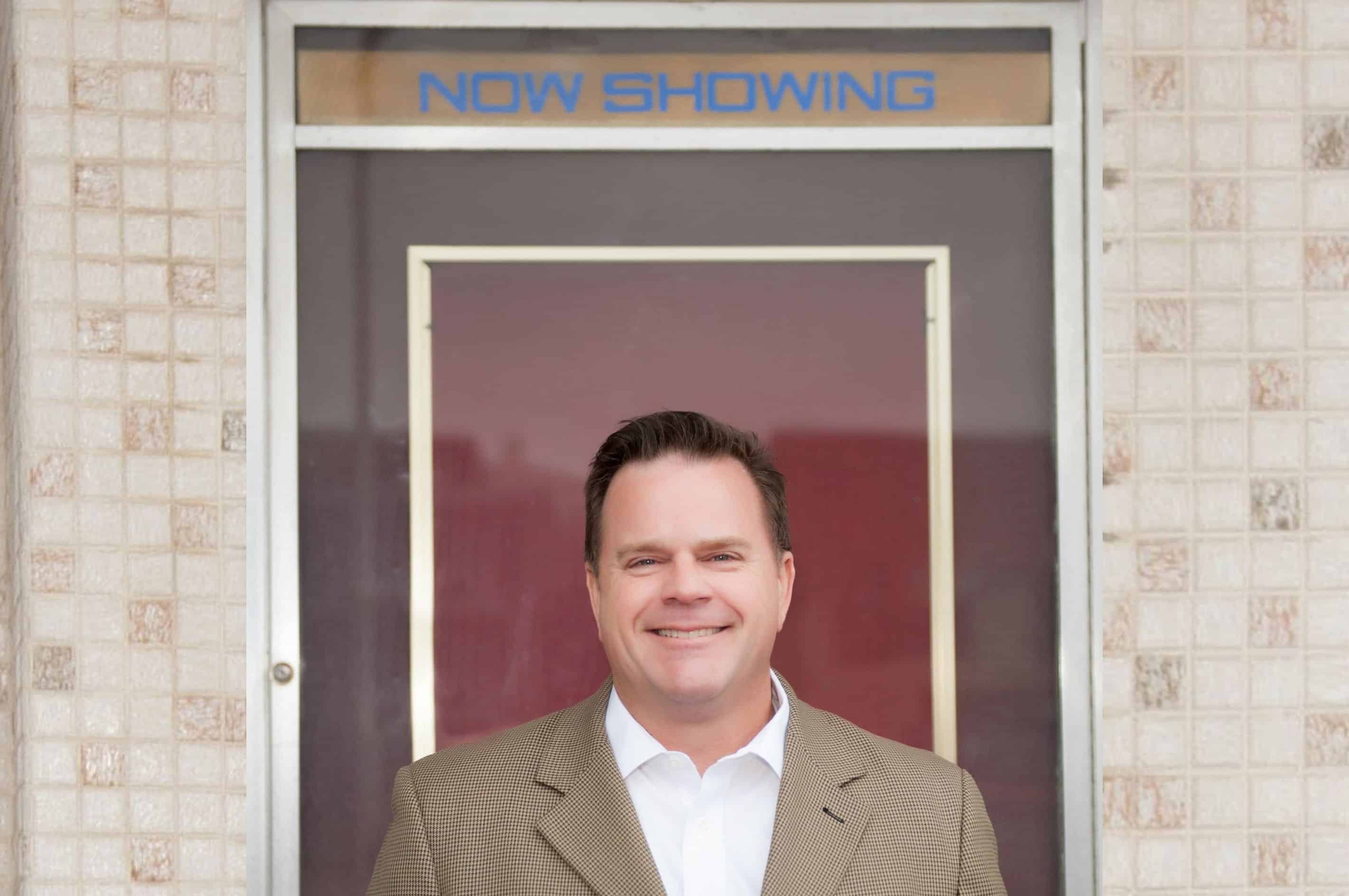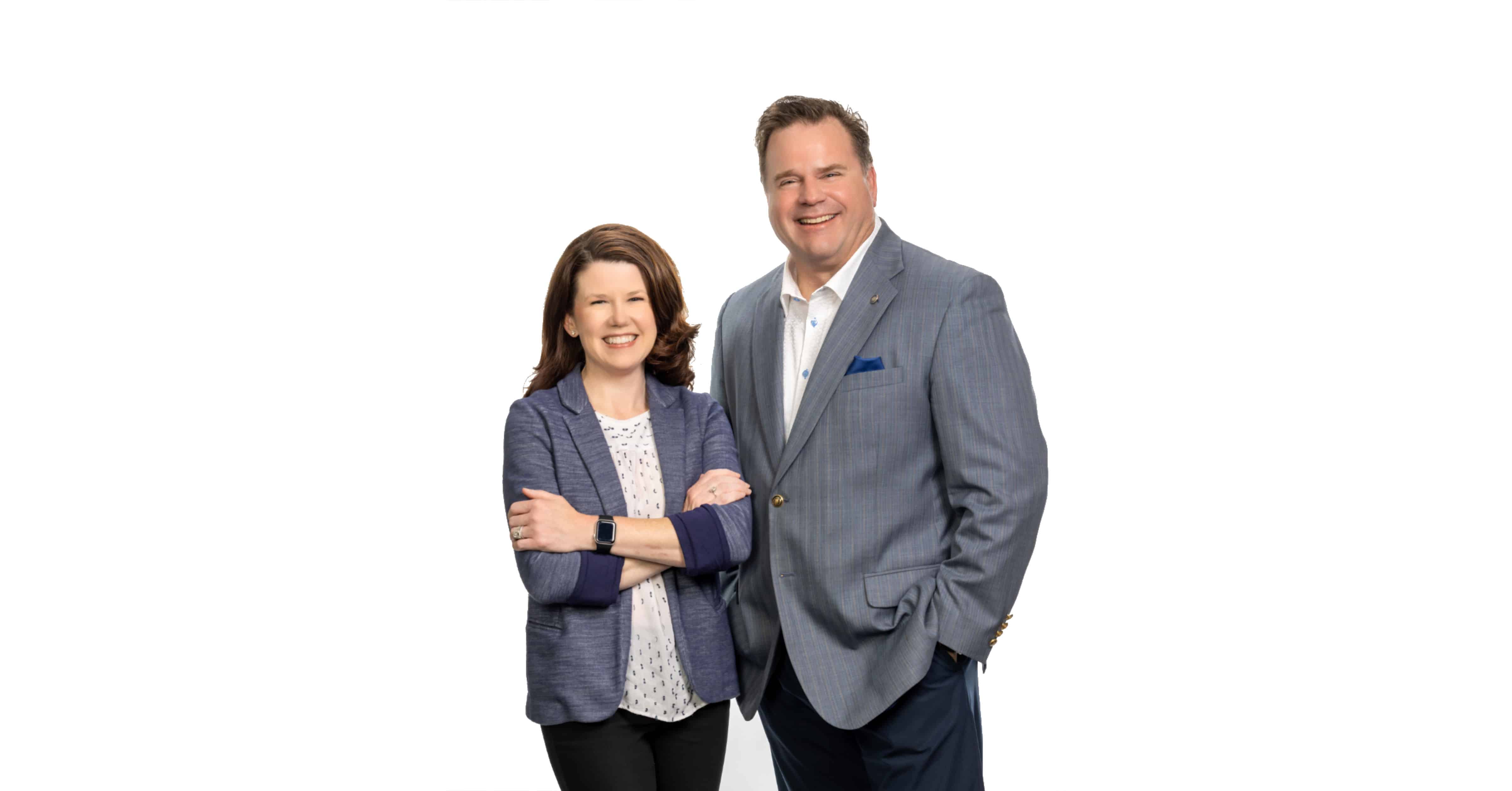We are asked many questions about the strategies to retirement and enjoyment of life. This article will reveal the secret success criteria that many of our clients have implemented over the past 20 years to change their lives. Let’s think about the word “retirement” for a moment. Too often the word has negative connotations to individuals who are ill prepared for the next phase of life. Others see the word as an opportunity to begin a new hobby, career or volunteer service life. What is your understanding of the word “retirement”?
Most of our challenges in life give us opportunities to exercise our philosophy toward the pending decision. There are many inclinations to a decision and the result you choose may have life-altering consequences. Wouldn’t you want to tip the scales of success in your favor on this type of decision? Of course! If you were to find a method of decision-making that supported greater probabilities of success, you would use that method for all decisions.
Sadly, immediate wisdom is not bestowed on us humans. No, we learn by the old-fashioned method of trial and error. However, if you were to seek out someone to assist in your resolution process that had experience and specialized training in the area of retirement planning, you could attribute that person’s wisdom as your own.
The one secret to retiring successfully is to change your philosophy of life. I know this sounds like an indomitable task, but it does not have to be. For example, there are, at least, two options for every decision in life – positive and negative. You could think like some people that hate to pay income taxes. However, when I frame it in the context of what their income had brought them in terms of life, family, charity and other aspects of their choosing, they quickly see the difference in philosophy I hold toward paying taxes. Am I saying you should throw a party because you pay a significant amount of taxes to the government? Sure, if you want. Hey, this is America! Do what you wish with you own time, talent and treasure.
Your philosophy toward investing for your future requires that you look through the lenses of potential and desire. Do not retire to simply quit working. This philosophy will produce poor long-term results. Instead think of the contributions you could make to your community, church or other civic groups that require your expertise to continue supporting constituents.
We use the term “reFIREment” to describe the next phase of your life. To us this is a new beginning with excitement and vigor. By changing your philosophy toward retirement, you will find yourself changing your investment philosophy. Think about the joys and/or challenges you wish to, or may, experience after your career. If you desire to travel, relocate to another state, start another career – all have funding needs that must be addressed during your work life. By defining your ultimate purpose in life, through a sound philosophy, you will be empowered to fund your retirement in a manner that allows you to accomplish a more rewarding life. Your outlook for the future will be much brighter and more positive when you have a plan that focuses on something other than “not working”.
Seek out help if you are unclear on how to define your future in monetary or philosophical terms that give you the greatest opportunity for success. A retirement specialist can serve many roles for your family. The best resources you will receive from a Certified Financial Planner™ professional are independent, tailored planning and honest feedback on the best approaches to reach your goals. You have far more to contribute to the world. Do not stop giving just because your work life has converted to your beach life. See you on the golf course!















